Turning world-leading research into game-changing businesses
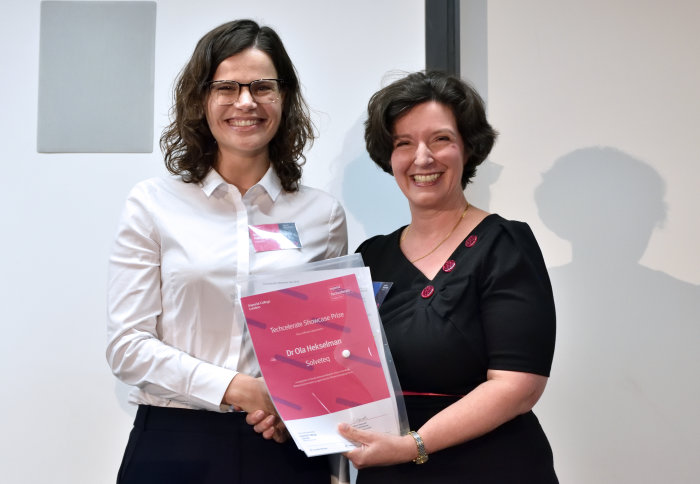
Imperial postdocs are commercialising their research ideas to help solve real world problems.
Imperial’s Techcelerate programme has spurred a swathe of new deep-science startups founded by the College’s most promising postdocs.
The programme, which first launched in January 2018, was created to help postdocs at Imperial hone their entrepreneurial skills and explore the commercial potential of their research.
The initiative is the first of its kind at Imperial to be tailored specifically to the needs of postdocs, and aims to help participants bridge the gap between their research and its real world impact.
Techcelerate provides up to £30k funding to cover the participant’s salary for the 3-month duration of the programme and to fund all customer development activities, as well as access to expert business advisors, coaches and entrepreneurial role models.
The programme forms part of Imperial’s thriving entrepreneurial ecosystem, and is one of many ways that the College supports its staff and students to develop their enterprising ideas. Earlier this month Imperial published its annual Review of Enterprising Activity, which reported that there are now more than 200 active Imperial-founded startups, which collectively raised more than £105.1 million of investment in 2017-18.
The participants of the second Techcelerate cohort recently showcased their ventures at a showcase event held at Nesta.
Designing beyond the human mind
Marco Pietropaoli, from the Department of Aeronautics, has created an artificial intelligence software that can design super-efficient 3D printed components for aircraft and cars.
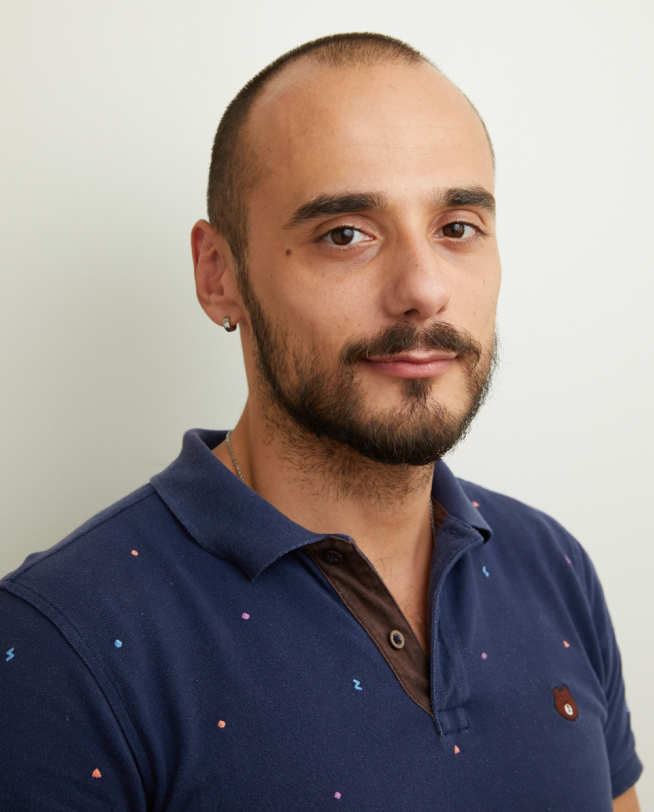
3D printing means that we are now able to manufacture far more complex components than ever before, Marco says, but at the moment we are not fully taking advantages of its potential. This is because the most optimal design for a mechanical component is likely to be incredibly intricate – far beyond what humans could envisage or design.
TOffee uses artificial intelligence to find the best possible design for a component, maximising their efficiency and performance. This is especially important in aircraft, or in high performance vehicles, such as F1 cars.
Marco said: “At the moment, designing mechanical components involves a lot of trial and error to find out what works best. TOffee automates this process, allowing us to create elaborate components for optimal performance quickly and easily.”
Marco is now working to refine his software and exploring industrial collaborations. He said: “Before Techcelerate, I didn’t know anything about being an entrepreneur. This process has opened my eyes to the potential applications of my technology in other industries outside of aeronautics.”
Marco won the Techcelerate Programme Manager’s Prize for his venture Diatomea - the name of company that produces TOffee, in recognition of his demonstrated engagement with customers throughout the Techcelerate process.
Providing electricity to rural India
Three billion people in the world have limited or no access to electricity. Dr Clementine Chambon, from the Department of Chemical Engineering, is helping to tackle this in rural India by designing and installing renewable mini solar grids for communities not currently connected to the country’s national energy grid network.
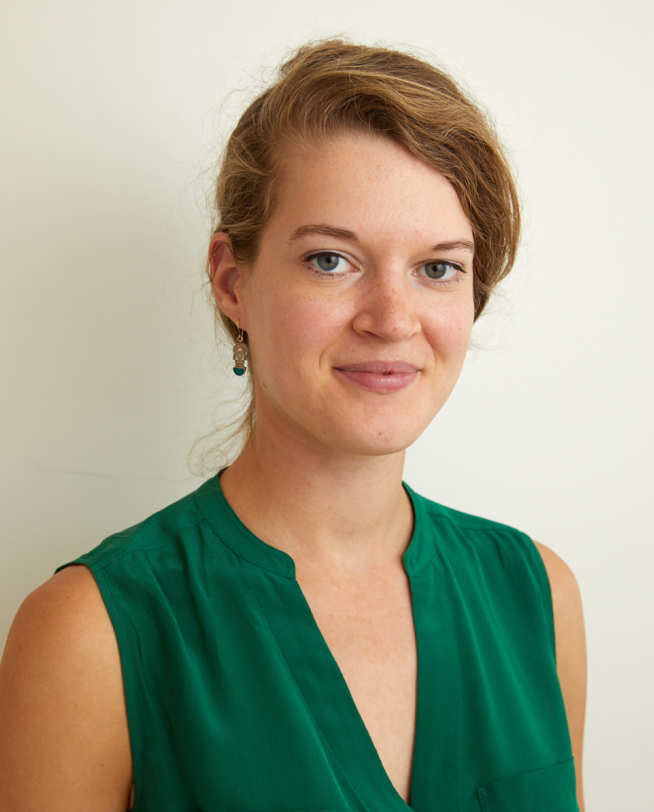
Her venture Oorja aims to provide a stable source of electricity to villages and marketplaces that currently receive a very poor and erratic supply of electricity. Her work aims to improve lives and create jobs.
Currently Oorja serves mainly households and farmers, but during the Techcelerate programme, Clementine interviewed small businesses to find out their energy needs, interviewing around 90 different stakeholders and conducting energy audits of small businesses. The venture supports all stages of the solar project development process, from system sizing, to installation of the equipment and operations and maintenance.
Although currently focusing on India, in particular the state of Uttar Pradesh, in the future Clementine hopes to explore other under-electrified states in India, and eventually countries in South East Asia and Africa who may benefit.
Clementine was a runner up in the inaugural WeInnovate programme in 2015, formerly known as Althea-Imperial.
Greener battery recycling
Ola Hekselman, from the Department of Materials, has co-developed an eco-friendly process for recycling lead-acid batteries.
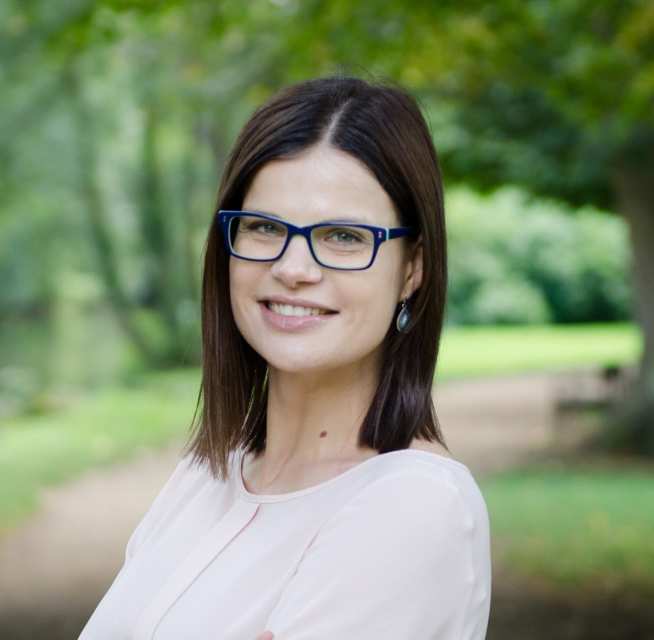
Lead-acid batteries are used in almost all cars all over the world. Lead is a valuable commodity - while being a mined mineral, it can be also recycled an infinite number of times. As a result, an estimated 98% of all lead-acid batteries are recycled. In fact, lead-acid batteries the most recycled consumer product in the world.
The current process for recycling lead-acid batteries includes smelting – which involves melting down lead-containing battery components from the used batteries and extracting the lead - but this is a highly polluting and energy-intensive process. Lead is extremely toxic, and inappropriate recycling process poses a serious risk to human health and the environment.
Ola’s venture Solveteq aims to replace smelting with a new technique utilising deep eutectic solvents. These are environmentally friendly, benign chemicals, and allow lead to be recovered at much lower temperatures than smelting.
Ola won the Techcelerate Showcase Prize, awarded to the participant who gave the most compelling presentation at the Techcelerate Showcase.
Ola said: “Techcelerate allowed me to step away from the lab bench, get exposure to the industry and validate that our technology is truly useful. What is in an academic paper may not always translate well into commercialisation, which is why speaking to stakeholders and potential customers has been so valuable.”
Identifying patients with silent symptoms
Dr Ethan Rowland’s venture ArterioWave is a new ultrasound-based screening tool for identifying and monitoring heart-failure patients who may have no symptoms.
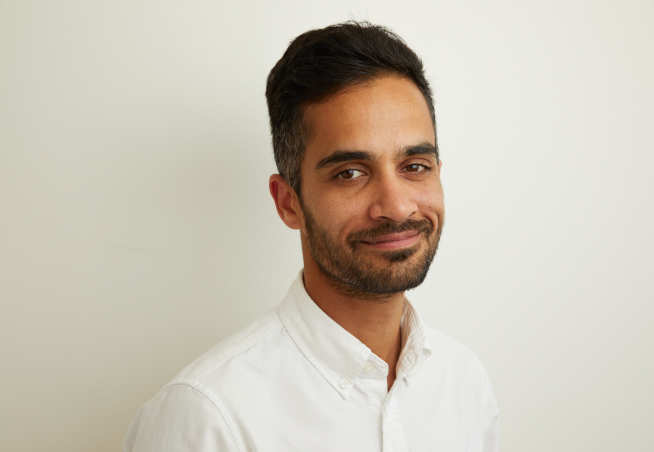
Heart failure is a growing epidemic, affecting around one million people in the UK. However, it can be hard to diagnose in primary care due to the fact that patients initially tend to have non-specific symptoms. Research suggests that two-thirds of heart failure cases are being missed by GPs. Patients are often only diagnosed when they are admitted to hospital, by which point they might be gravely ill.
Ethan, from the Department of Bioengineering, says that the simple, safe and non-invasive handheld device could be used by GPs and on wards to identify patients with these so-called “silent symptoms”. This could help to reduce hospital admissions for heart failure and benefit patients by diagnosing them earlier.
ArterioWave has recently received funding from the British Heart Foundation for an 18-month trial at Hammersmith Hospital, where they will use a clinical-sized machine, with a view to developing a handheld device in the future.
Article text (excluding photos or graphics) © Imperial College London.
Photos and graphics subject to third party copyright used with permission or © Imperial College London.
Reporter
Deborah Evanson
Communications Division
Joanna Wilson
Communications Division